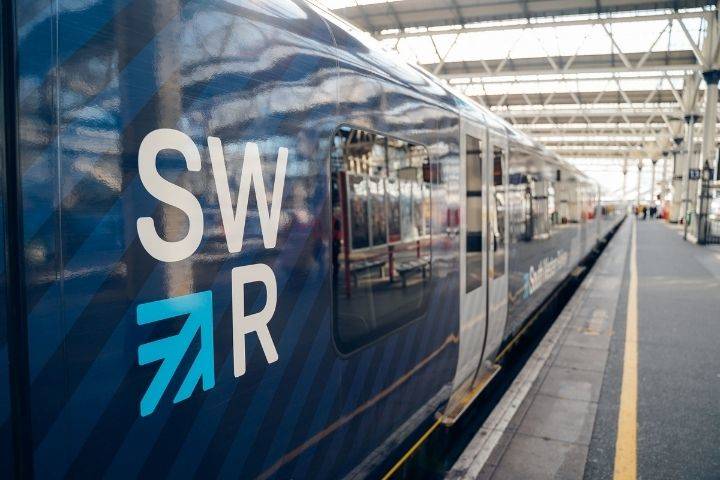Algorithm to reduce train delays developed in the UK

A smart algorithm to detect delays automatically on the tracks was developed by researchers at the University of Portsmouth with South Western Railway.
Want to read more?
You have read all of your free premium articles for this month. Please become a subscriber to keep reading.
Subscribe now!
Take advantage of our exclusive offer to get full access to all premium content.




